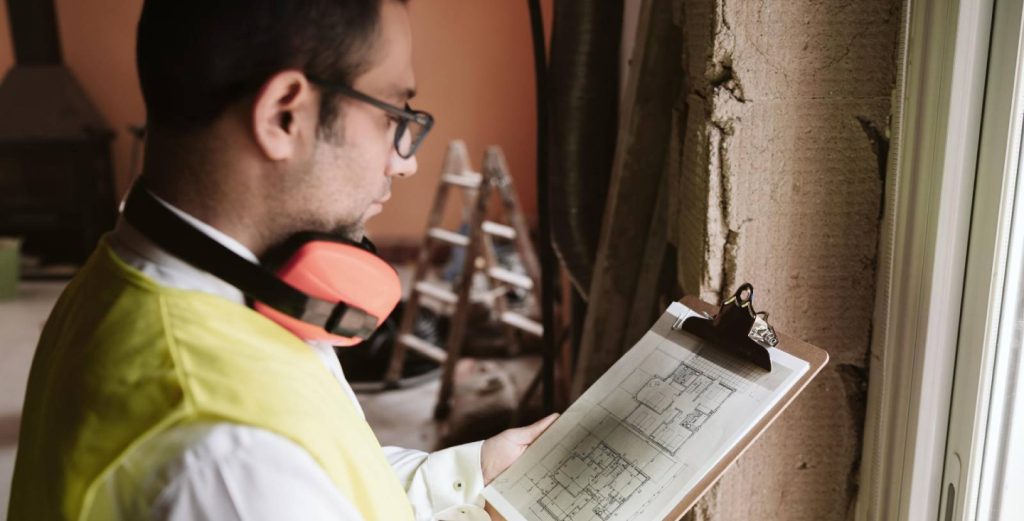A building is a significant investment, whether it’s a commercial property or a multi-family residence. Like any valuable asset, it requires consistent care to retain and grow its worth. Routine maintenance is the proactive strategy that protects this investment from depreciation. It prevents small, manageable issues from becoming large, costly problems that can diminish a property’s appeal, safety, and overall market value.
Understanding the direct link between regular upkeep and financial value is essential for any property owner or manager. This guide explores why a consistent maintenance schedule is not just an expense, but a critical investment in your building’s long-term prosperity.
Preserving Structural Integrity and Safety
The foundation, roof, and walls are the core components that protect a building’s inhabitants and assets. Neglecting these essential structures can lead to serious consequences.
The Foundation of a Healthy Building
Regular inspections of the building’s exterior and interior can reveal early signs of trouble, such as cracks in the foundation, water stains on ceilings, or damaged siding. Addressing these issues promptly prevents water intrusion, which can cause rot, mold growth, and structural weakness. A well-maintained building envelope ensures the property remains safe, secure, and habitable, which are fundamental aspects of its value.
Ensuring a Safe Environment
Maintenance also plays a vital role in occupant safety. This includes servicing fire safety systems, ensuring clear emergency exits, and maintaining common areas like hallways and parking lots. A property with a strong safety record is more attractive to tenants and buyers, directly contributing to its worth.
Enhancing Curb Appeal and Tenant Retention
The first impression a building makes has a significant impact on its perceived value. A well-kept property with attractive landscaping, clean common areas, and a fresh coat of paint looks more valuable and inviting.
The Importance of First Impressions
Curb appeal is not just about aesthetics; it signals that a property is well-managed and cared for. This visual appeal can attract high-quality tenants and justify higher rental rates. Simple tasks like pressure washing walkways, maintaining green spaces, and ensuring exterior lighting is functional can dramatically improve a building’s appearance and, by extension, its value.
Keeping Tenants Happy
For rental properties, tenant retention is a key driver of profitability. A proactive maintenance plan that addresses repair requests quickly and keeps building systems running smoothly leads to greater tenant satisfaction. Happy tenants are more likely to renew their leases, reducing turnover costs and ensuring a steady income stream, which enhances the property’s financial performance and overall value.
Optimizing Building Systems for Efficiency
A building’s value is also tied to its operational costs. Efficient plumbing, electrical, and HVAC systems consume less energy and are less prone to breakdowns, making the property more economical to run.
The Role of HVAC and Mechanical Systems
Heating, ventilation, and air conditioning (HVAC) systems are among the most critical and expensive components of any building. Regular maintenance, such as changing filters and cleaning coils, ensures these systems operate at peak efficiency. This not only lowers utility bills but also extends the equipment’s lifespan, delaying the need for costly replacements.
When a system does fail, prompt action is essential. For instance, a sudden heating issue in winter requires immediate attention. Seeking a professional for something like a furnace repair in Midvale ensures the problem is fixed correctly, preventing further damage and restoring comfort for occupants. Proactive care minimizes these emergencies.
The Financial Impact of Deferred Maintenance
Putting off repairs might seem like a way to save money in the short term, but it almost always leads to higher costs down the road. This practice, known as deferred maintenance, allows small problems to worsen over time. A minor roof leak, if ignored, can lead to significant water damage, mold remediation, and structural repairs.
By contrast, a routine maintenance program catches these issues early, allowing for simple and affordable fixes. This approach not only saves money on repairs but also protects the building from the significant drop in value that comes with major system failures and visible neglect. Investing in maintenance is a proven strategy to protect your asset and ensure it remains a profitable, high-value property for years to come.

